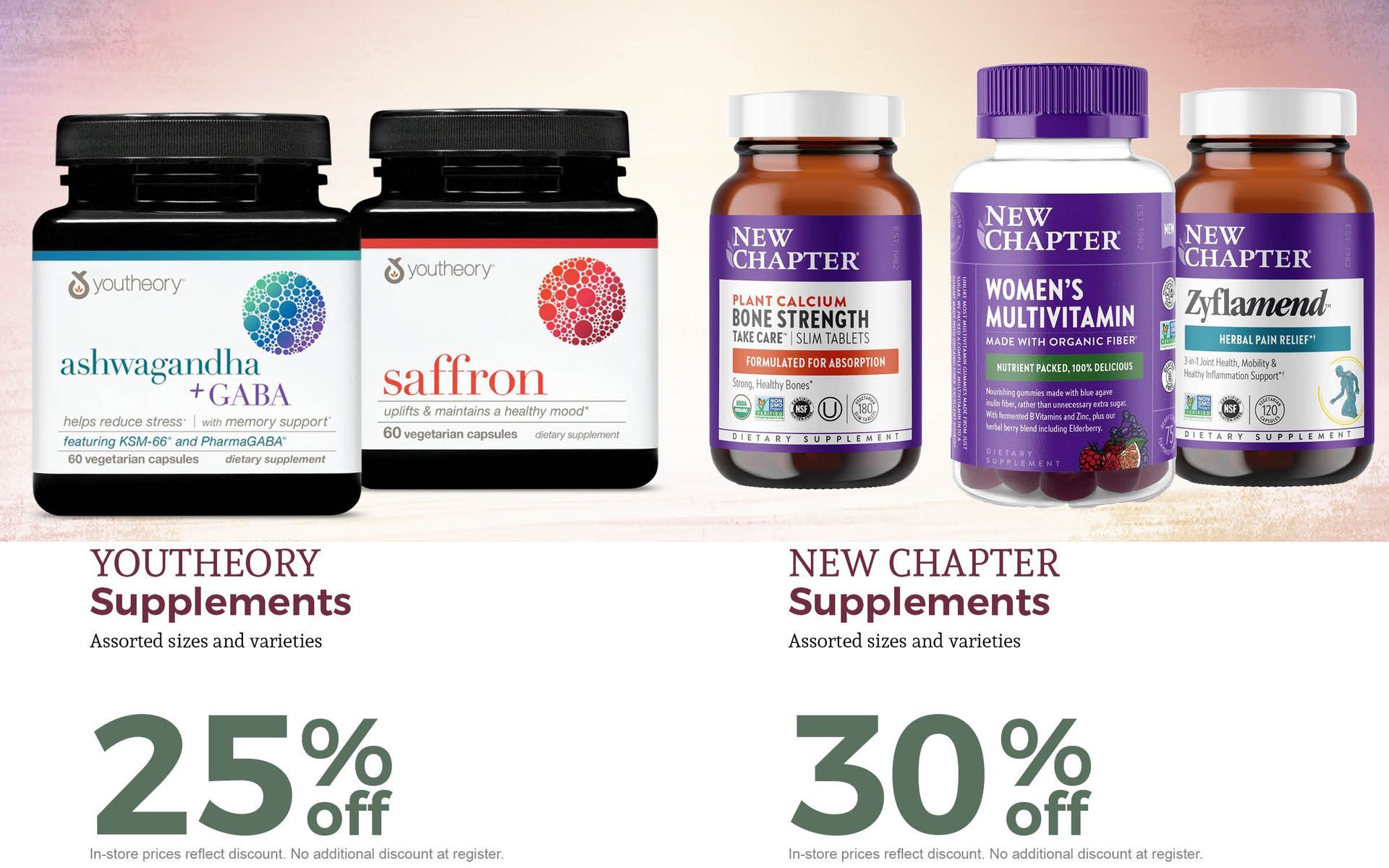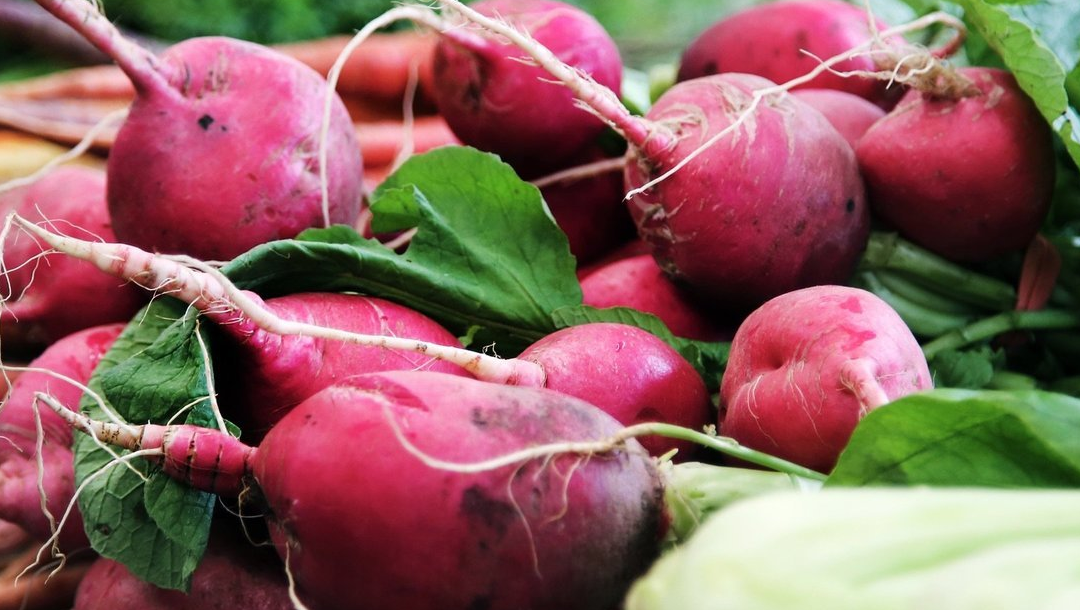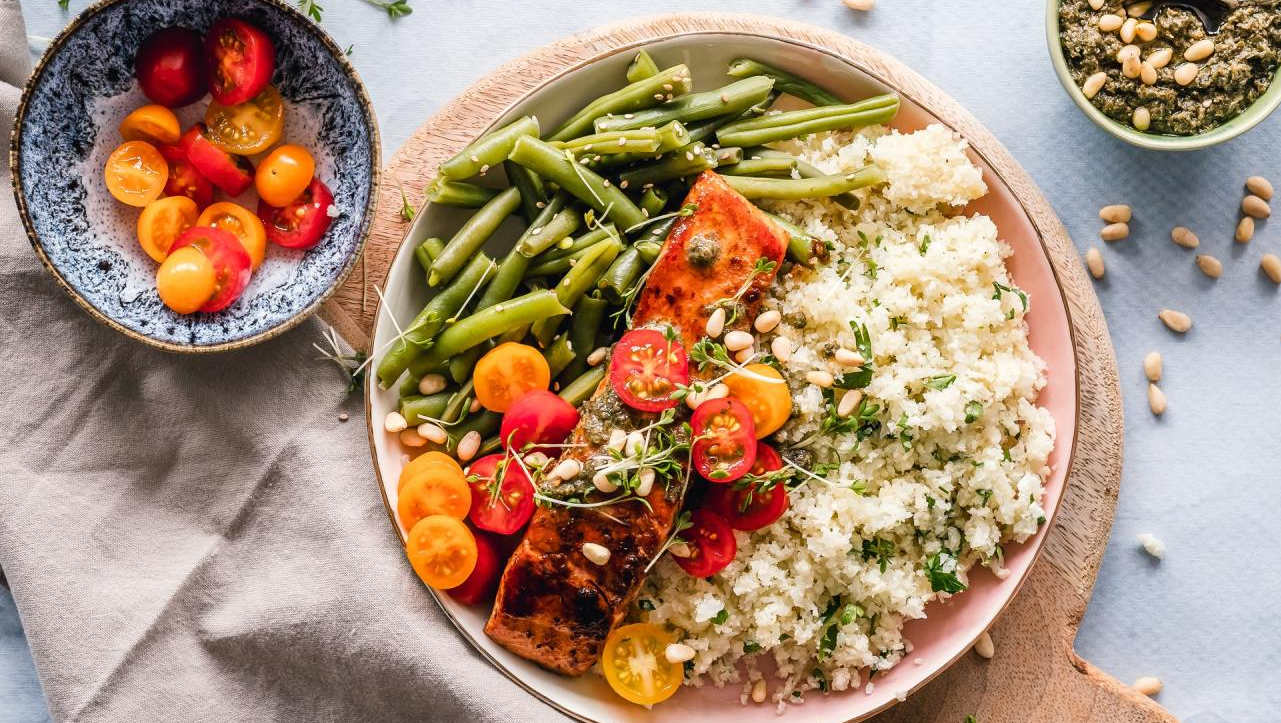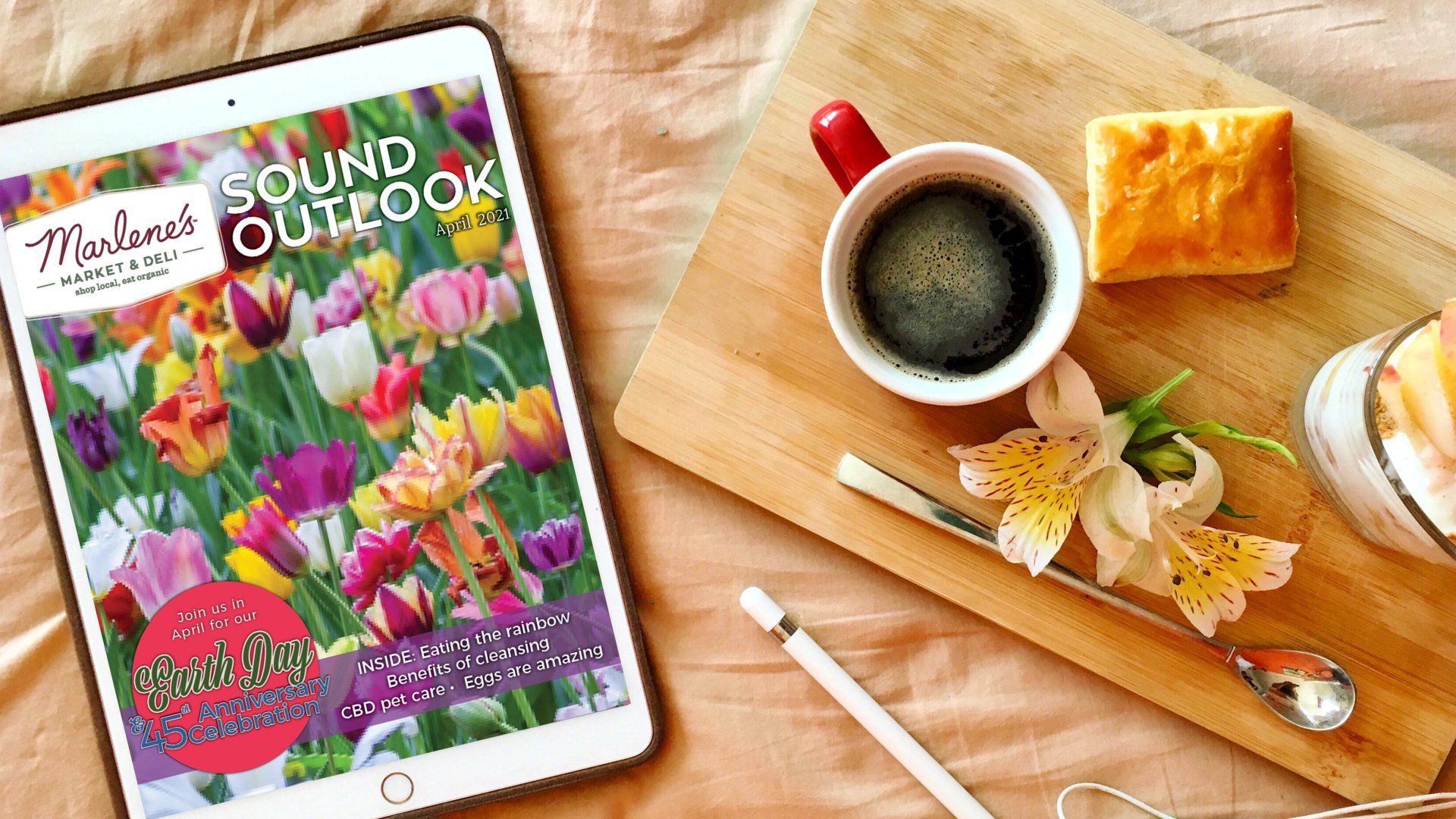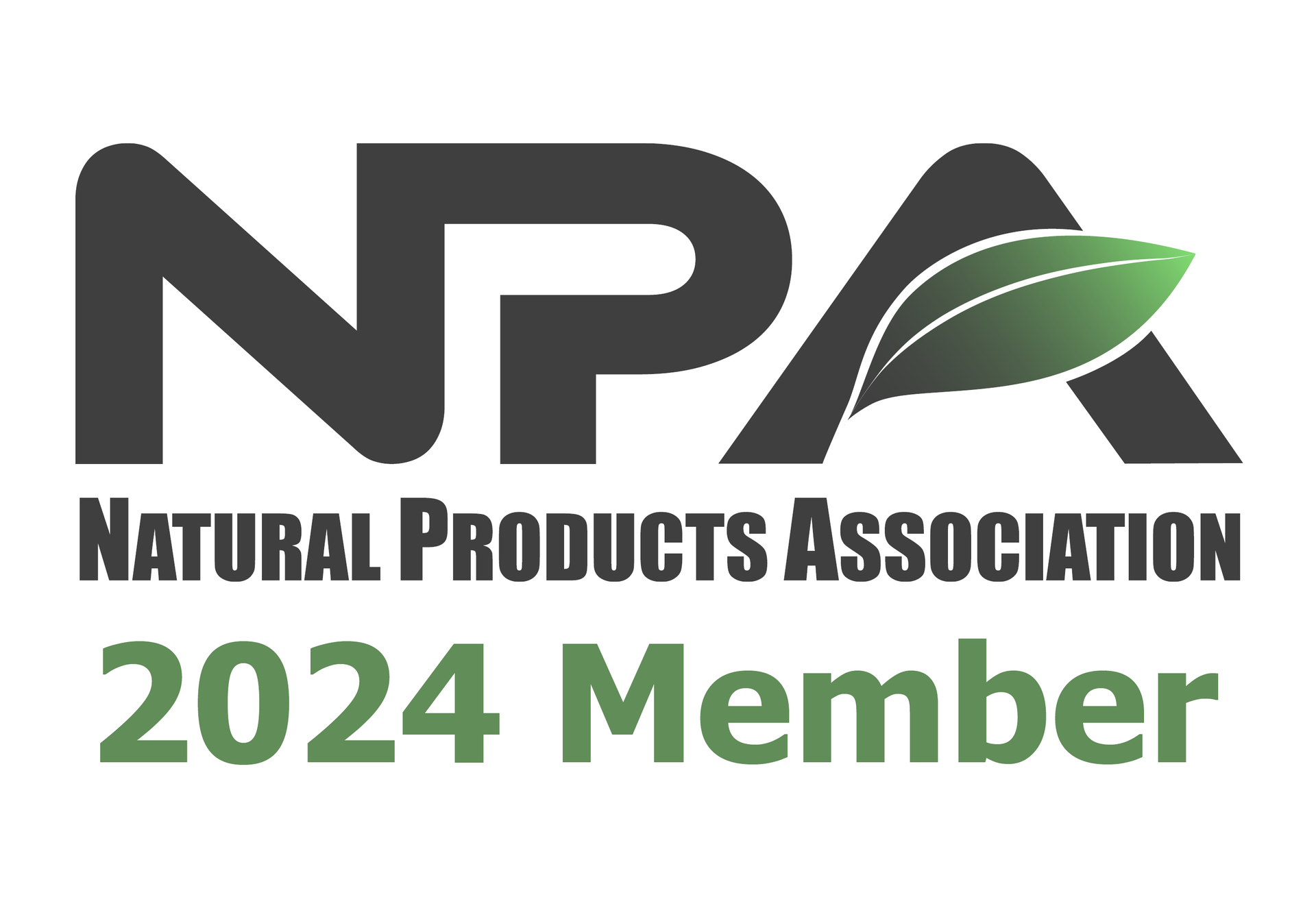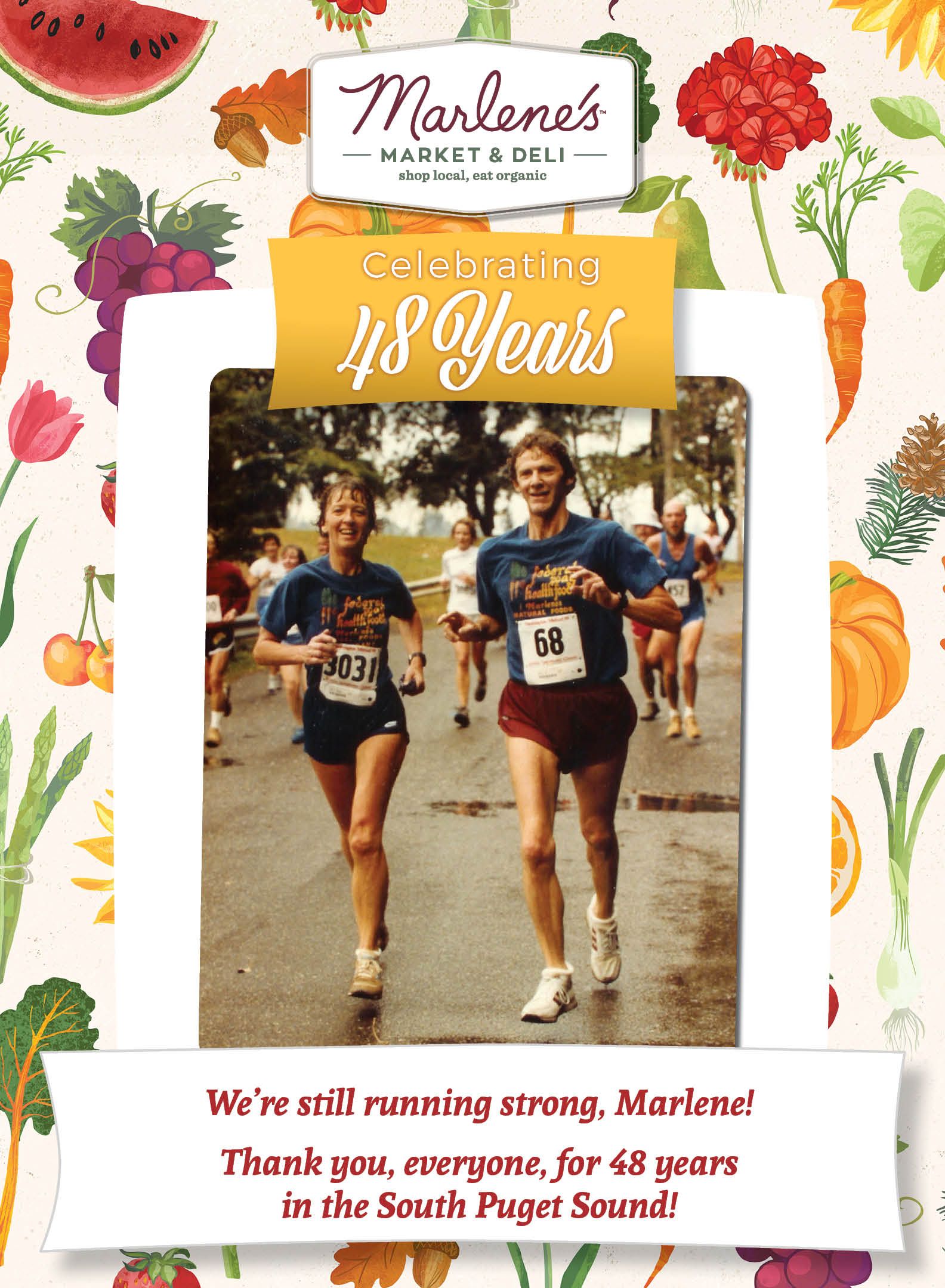
This year, we are celebrating 48 years in business! Thank you, everyone, for 48 years in the South Puget Sound.
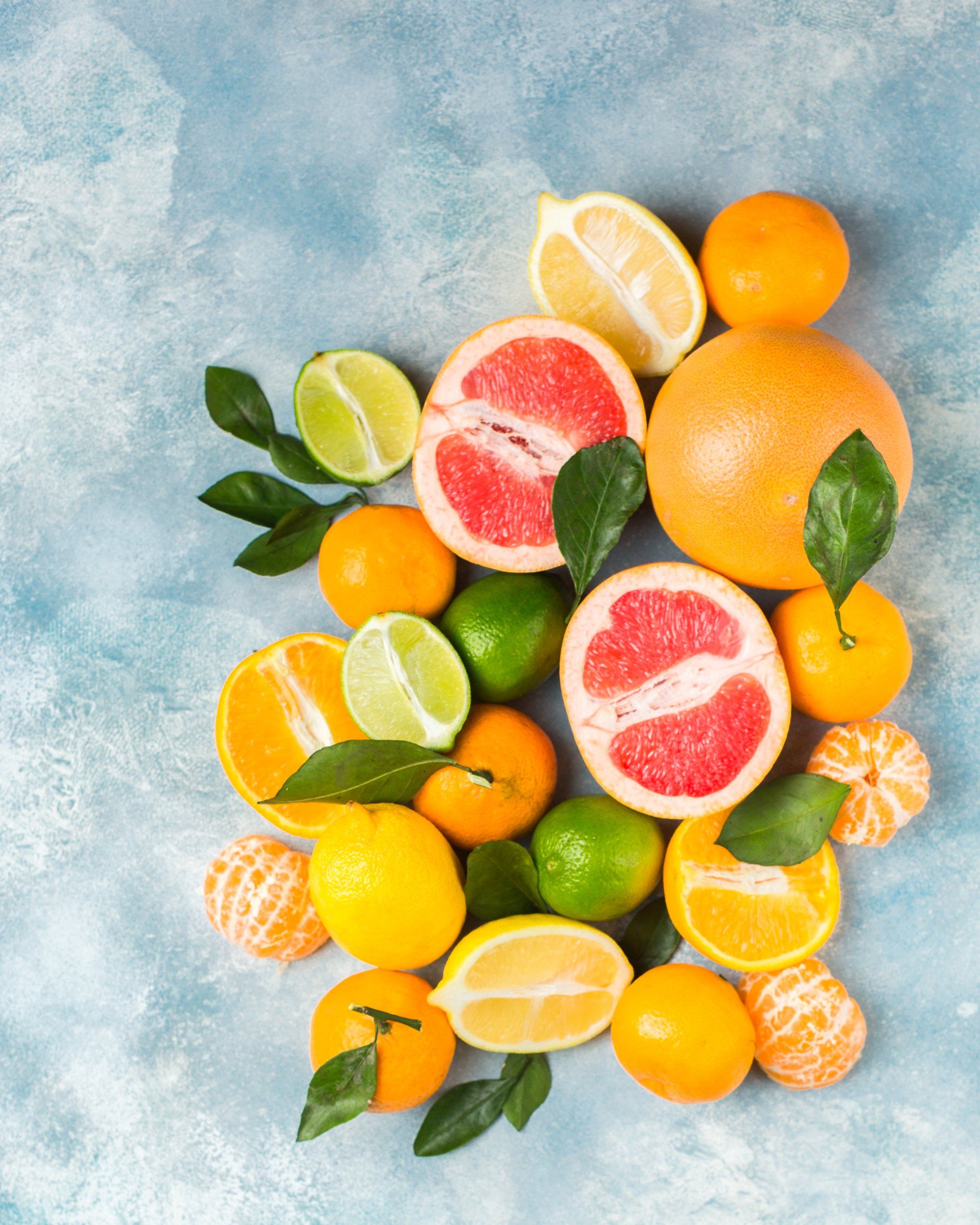
Can you see yourself working here?
We’re looking for energetic, friendly people with a focus on service and safety. If you can see yourself working for a long standing local business that puts people and planet first, we would love to hear from you!
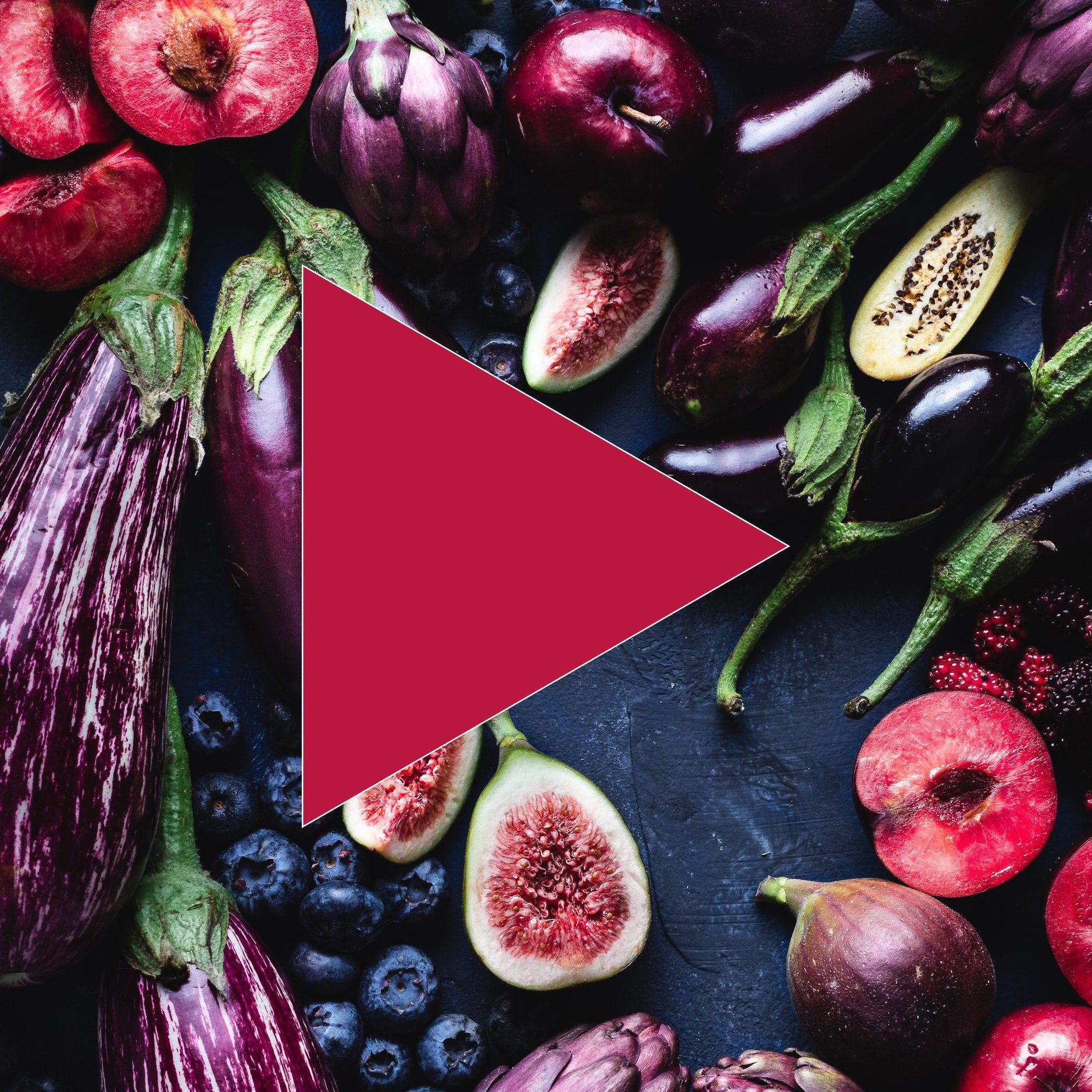
Did you miss an online class?
Enjoy past classes on our YouTube channel. Don't forget to like and subscribe!

Easy access from I-5
Find us in Federal Way in Gateway Center Plaza and in Tacoma in Michael's Plaza.
LEARN
Have a look in our stores!
Check out a recent class
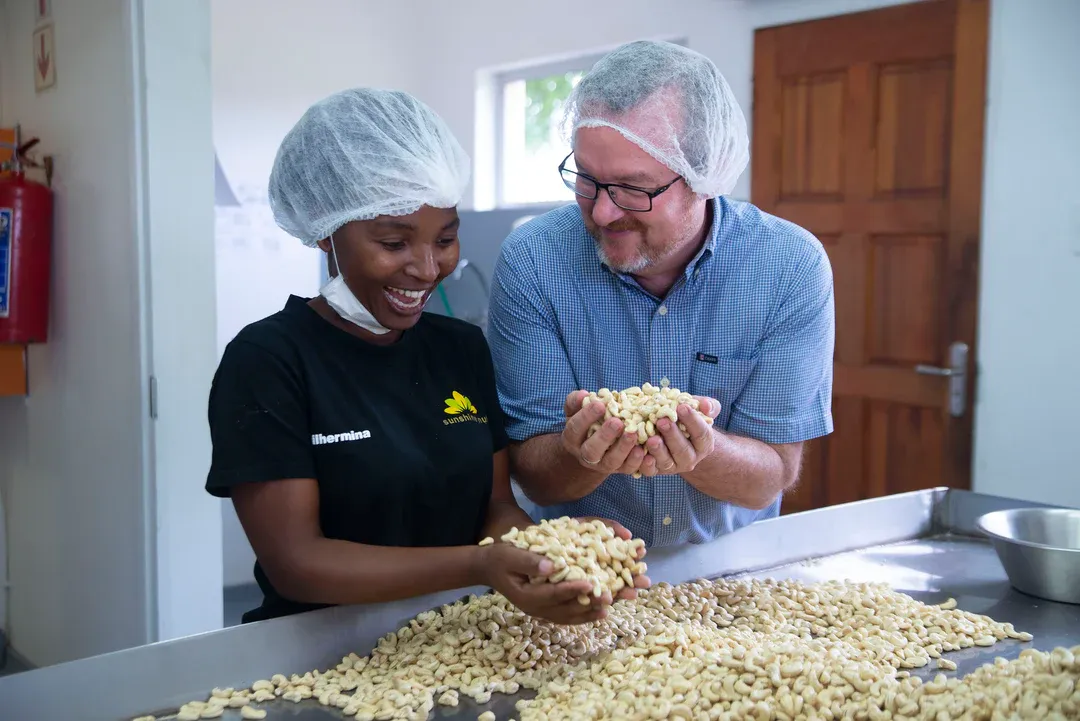
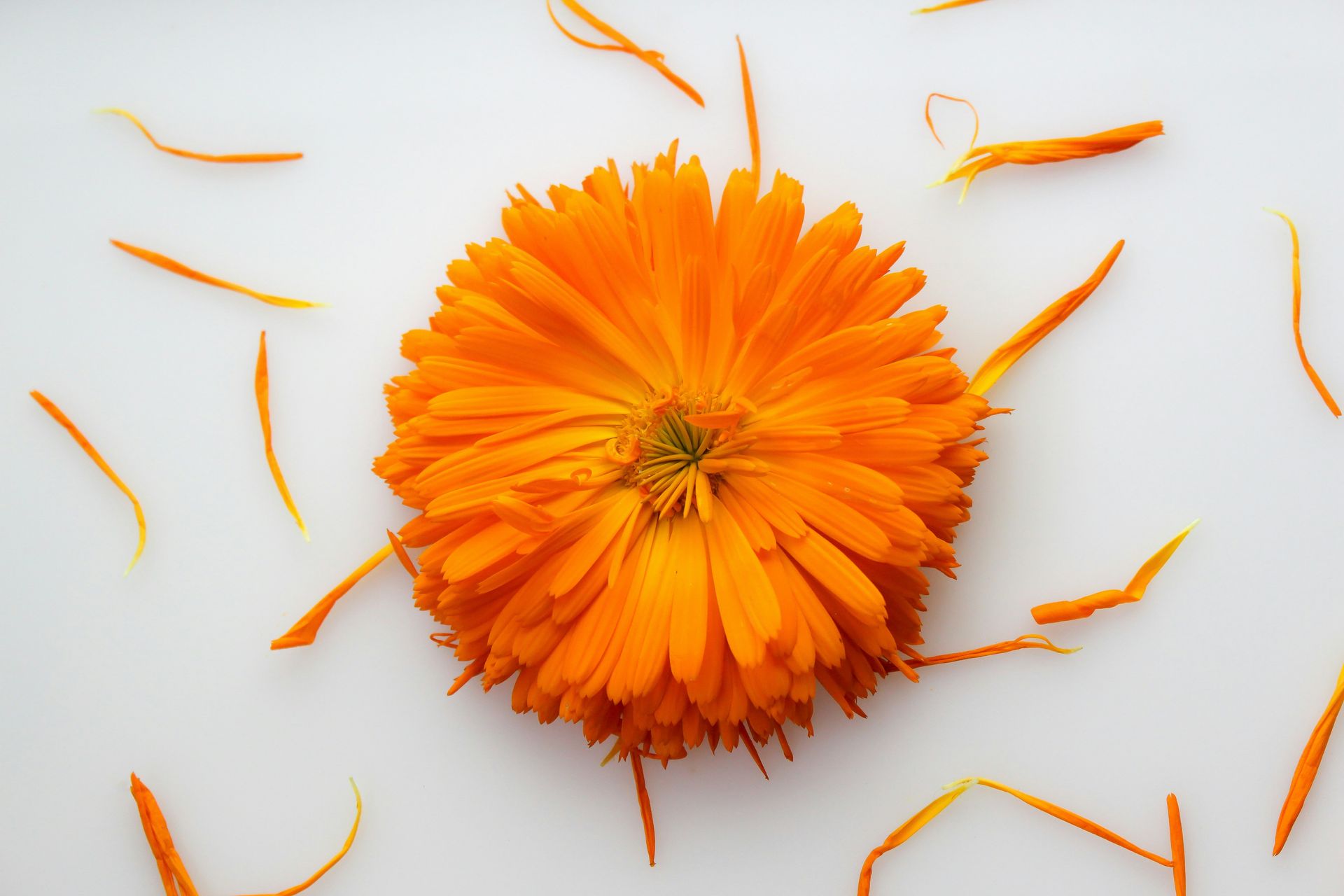
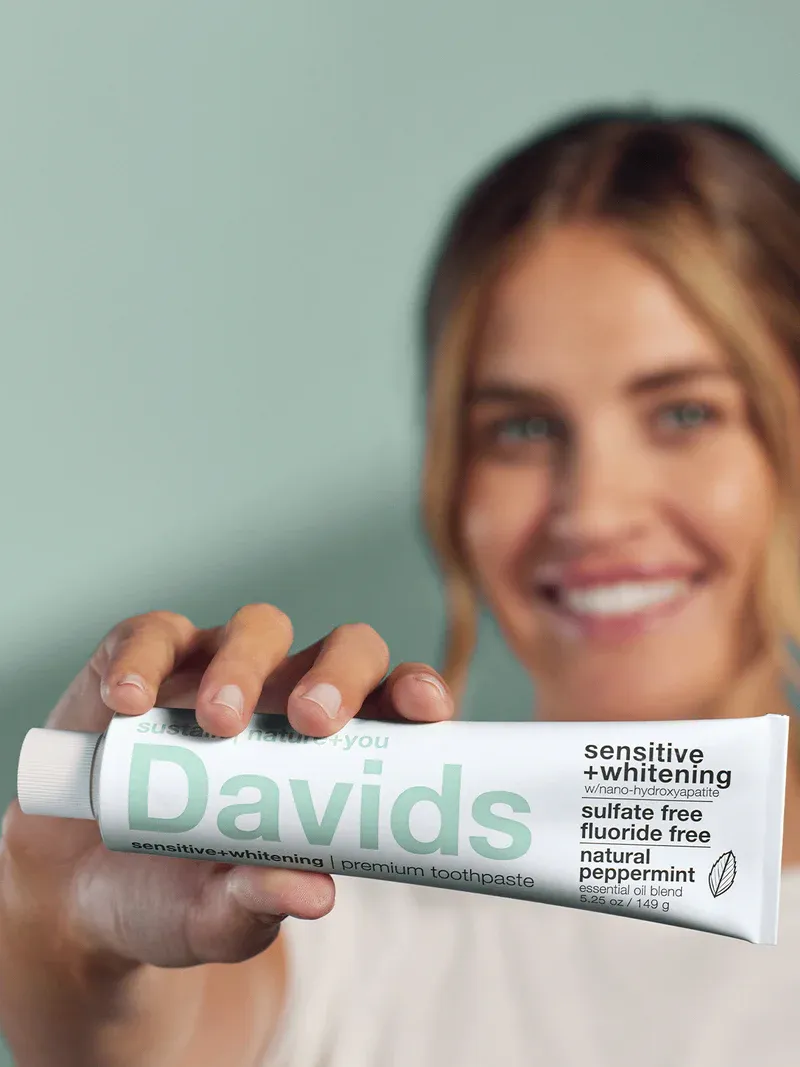
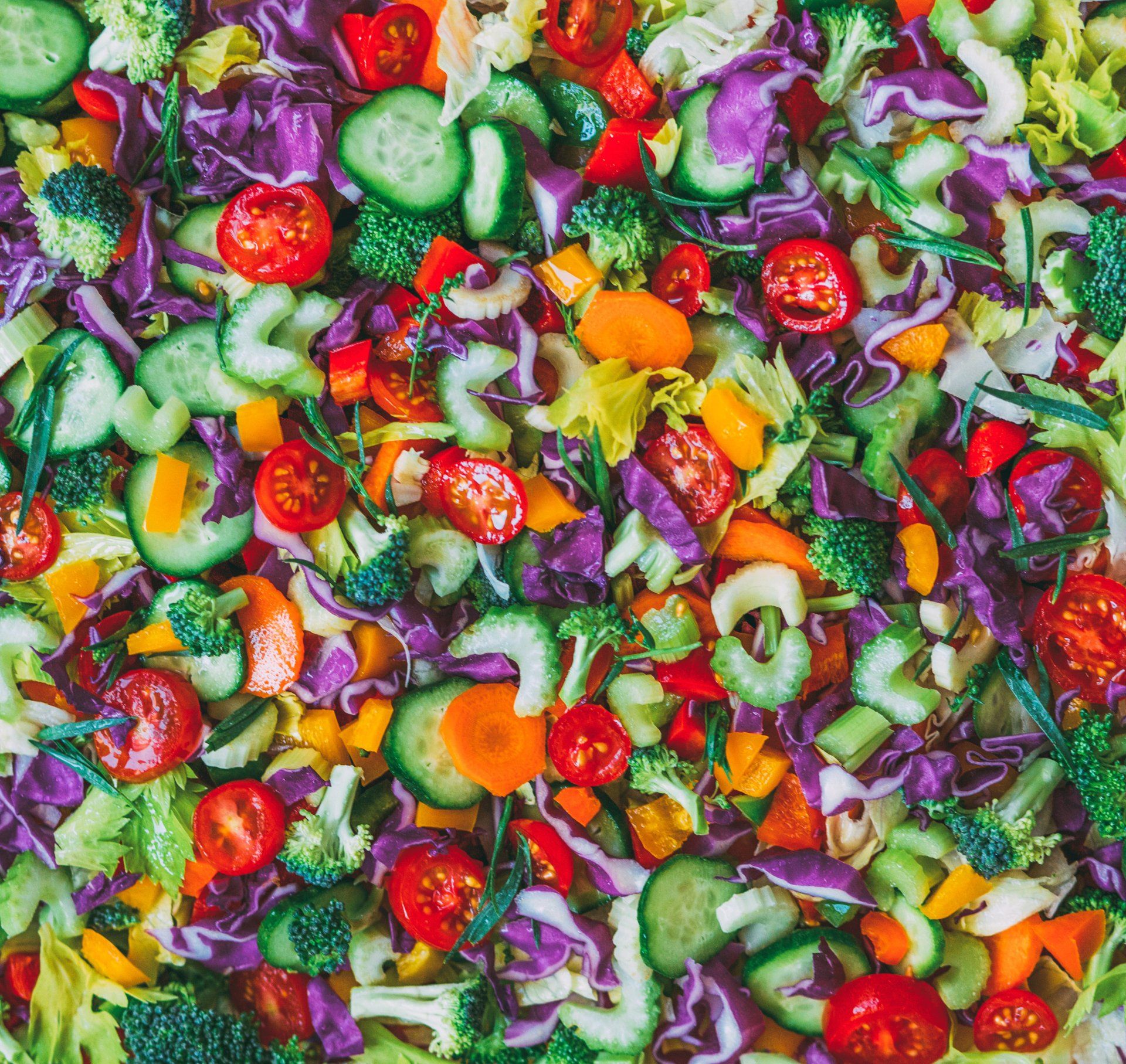
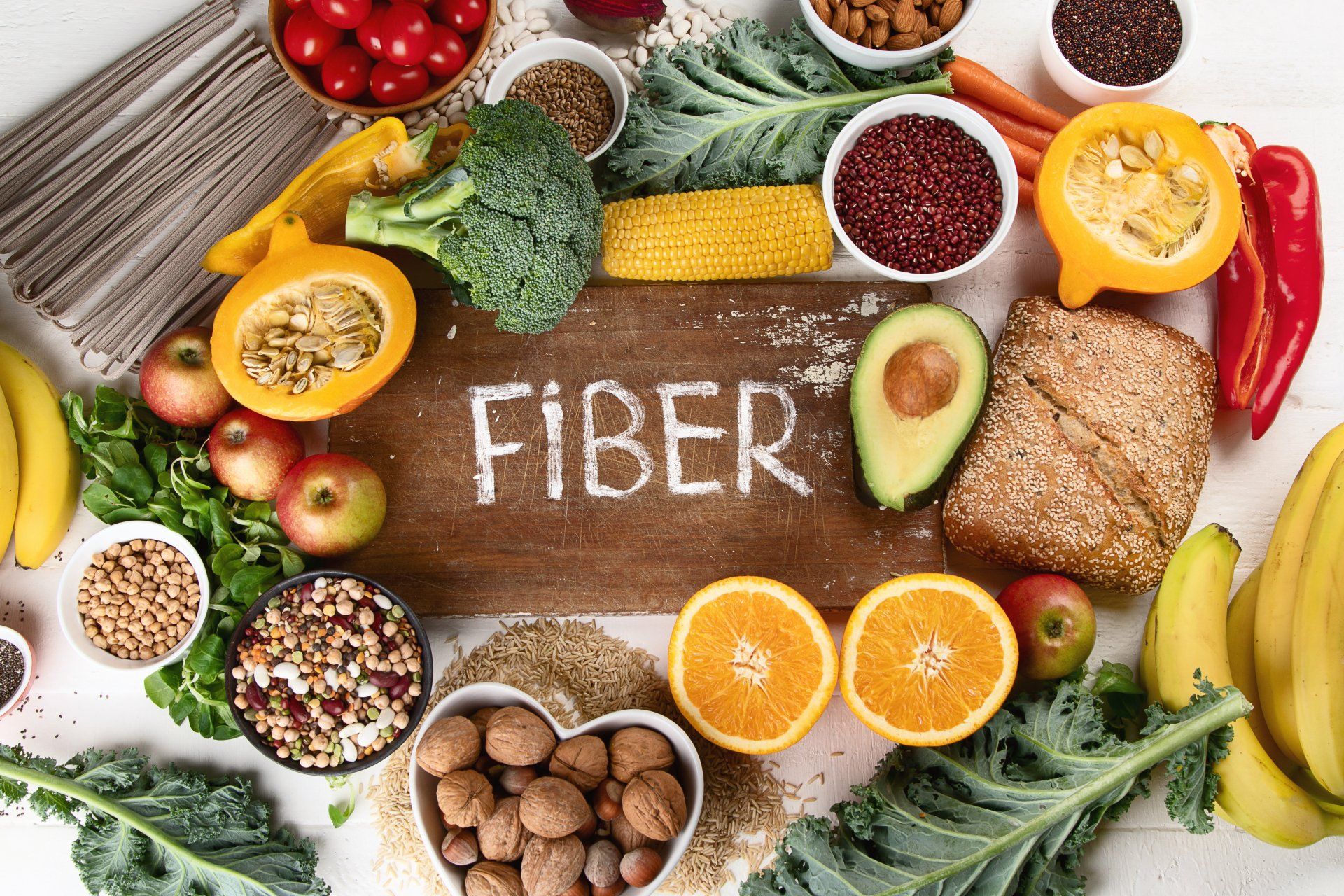
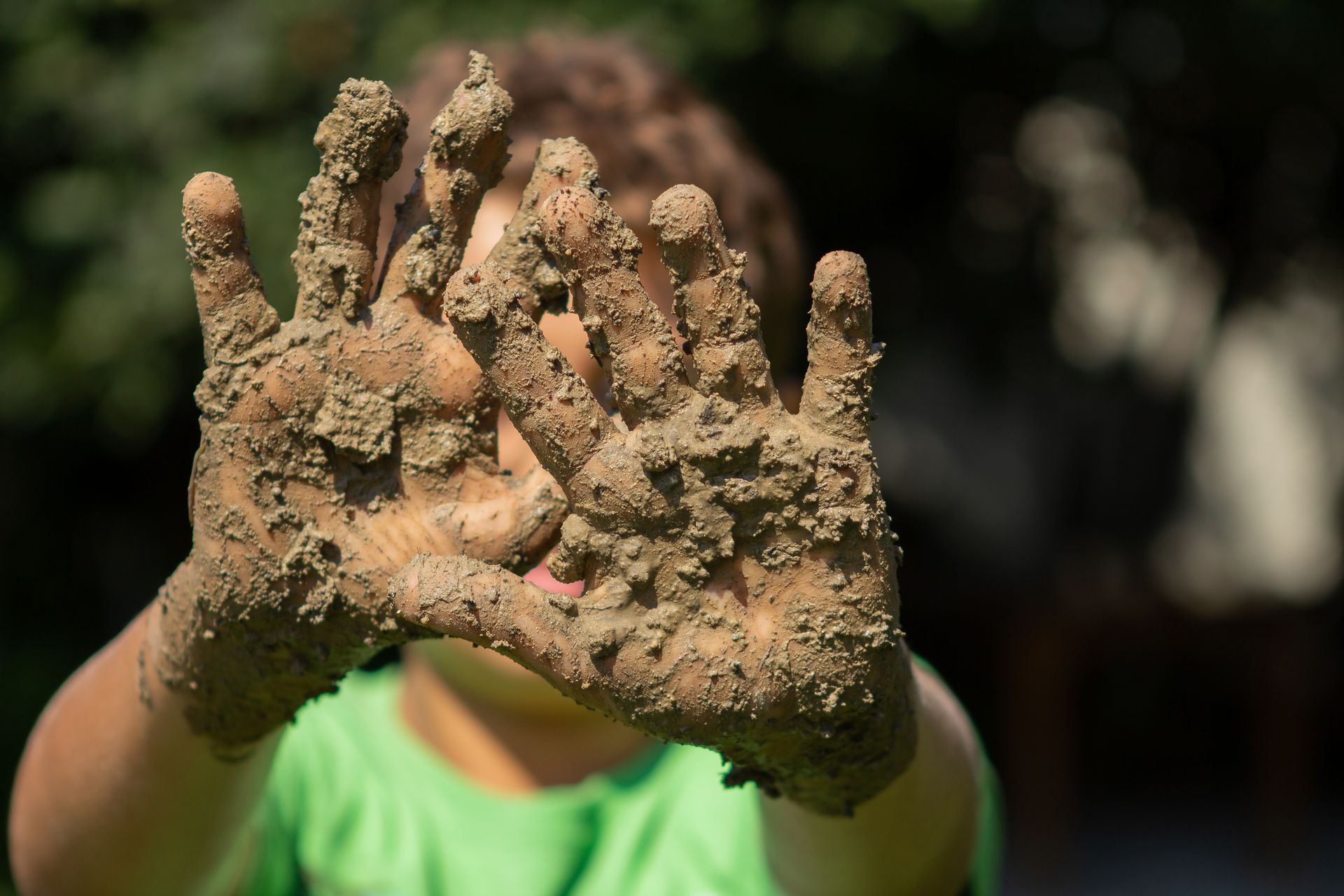
OUR DEPARTMENTS
-
Produce
Learn More List Item 3 -
Body Care
Item Link -
Grocery
Learn More List Item 1 -
Beer & Wine Write a description for this list item and include information that will interest site visitors. For example, you may want to describe a team member's experience, what makes a product special, or a unique service that you offer.
Item Link -
Mercantile
Item Link -
Deli
Item Link -
Bulk Foods Write a description for this list item and include information that will interest site visitors. For example, you may want to describe a team member's experience, what makes a product special, or a unique service that you offer.
Item Link -
Supplements
Item Link -
Refrigerated
Learn More List Item 2 -
Frozen Write a description for this list item and include information that will interest site visitors. For example, you may want to describe a team member's experience, what makes a product special, or a unique service that you offer.
Item Link
Please give us a call for today’s deli hours as they can vary due to staffing.
Grab and go options are always available until close.
FEDERAL WAY
Monday-Saturday: 8 am - 8 pm
Sunday: 9 am - 7 pm
Please call for current deli counter service hours. Grab and go options available until closing.
2565 S. Gateway Center Place
Federal Way, WA 98003
TACOMA
Monday-Saturday: 8 am - 8 pm
Sunday: 9 am - 7 pm
Please call for current deli counter service hours. Grab and go options available until closing.
2951 S. 38th Street
Tacoma, WA 98409

